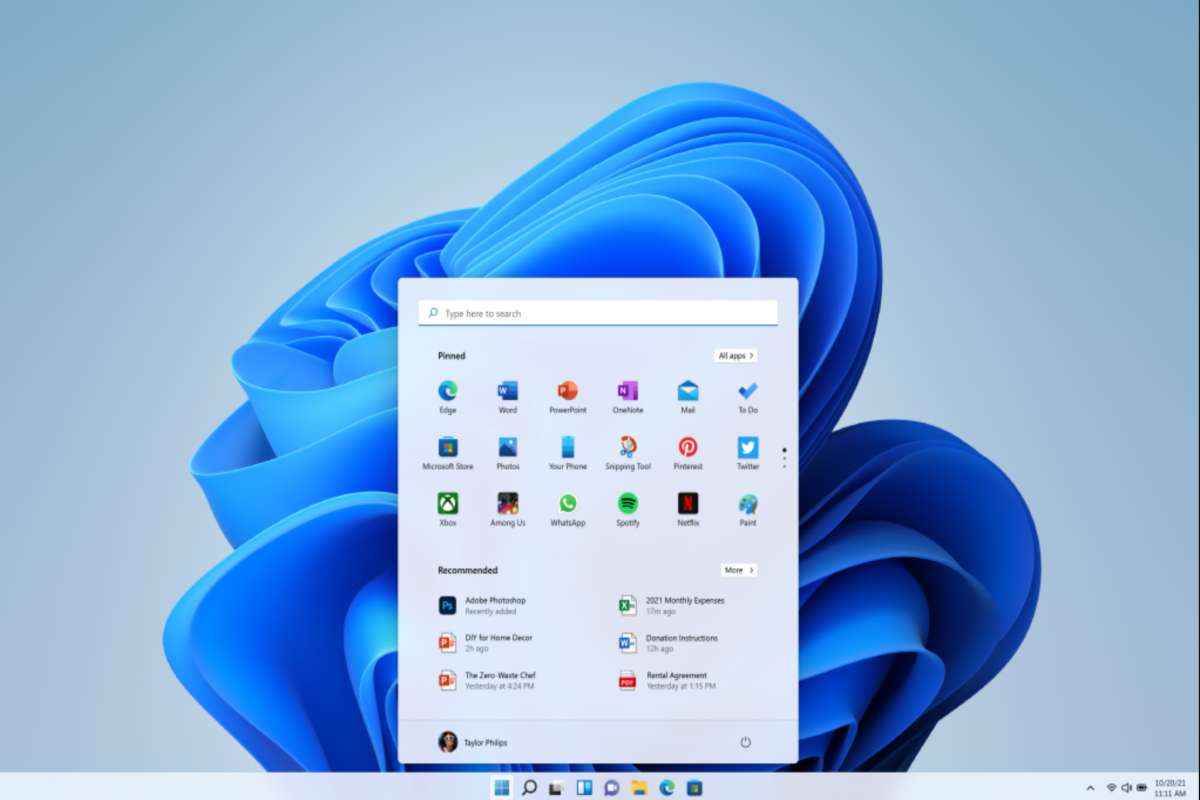Intel May Have Accidentally Revealed the Release Date of Windows 12: Here’s What You Should Be Aware Of
As per Intel’s Chief Financial Officer, the semiconductor company anticipates the launch of a Windows “catalyst” and a “refresh” in the upcoming year.
The release date of Windows 12 has recently come under the spotlight, potentially hinting at an impending arrival on computers in the near future. This prospective successor to Windows 11, launched in October 2021 with notable visual alterations to components like the taskbar and Windows Explorer, as well as the introduction of widget support, has yet to be officially disclosed by Microsoft.
An intriguing development emerged from a transcript of a recent fireside chat at the Citi 2023 Global Technology Conference, where Intel’s CFO, David Zinsner, inadvertently unveiled a potential release date for Windows 12. The transcript quoted Zinsner as saying, “We actually think ’24 is going to be a pretty good year for client, in particular, because of the Windows refresh.” This statement indicates that a new version of Windows is on the horizon, considering that Microsoft routinely issues updates and patches for its operating system.
Zinsner went on to express his optimism about the prospect of a Windows refresh in the coming year, attributing it to the “Windows catalyst.” In response to a query about Intel’s market share, he stated, “And we still think that the installed base is pretty old and does require a refresh, and we think next year maybe the start of that, given the Windows catalyst. So, we’re optimistic about how things will play out beginning in ’24.”
What adds a layer of intrigue to this revelation is its timing, coinciding with Intel’s unveiling of its Intel Core Ultra processors set to launch on December 14. These processors, part of the Meteor Lake series, are designed for laptops. However, with the potential release of Intel’s Arrow Lake-S CPUs—featuring up to 24 cores—in 2024, Intel could align its new desktop CPUs with the anticipated release of the next Windows version.
It’s worth noting that Intel’s Meteor Lake chips represent a significant advancement as they incorporate a dedicated neural processing unit (NPU) to enhance on-device AI performance. This chiplet design also marks the introduction of the first integrated NPU AI engine. Meanwhile, the Windows 11 23H2 update has already started introducing new AI features, such as Windows Copilot. It is likely that Microsoft will further emphasize AI features and technology if it indeed plans to launch the next Windows version in the coming months.





